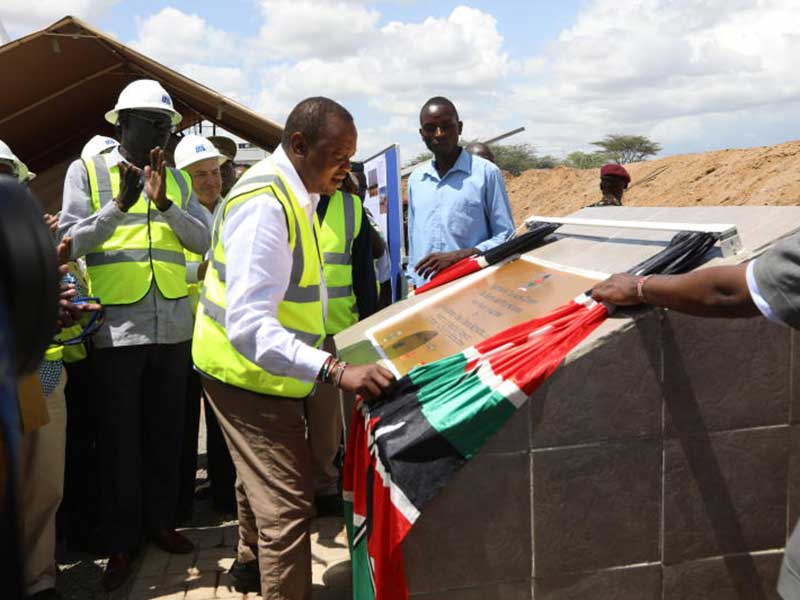×
The Standard e-Paper
Smart Minds Choose Us

The national government is not one of the key signatories to the agreement expected to pave the way for resumption of work at the Turkana oil fields as the impasse at site continues.
The agreement, which will now be signed between the Turkana County Government, local MPs and Tullow Oil, is expected to get Kenya’s dreams of being an oil producer back on track after more than a month of suspended operations.